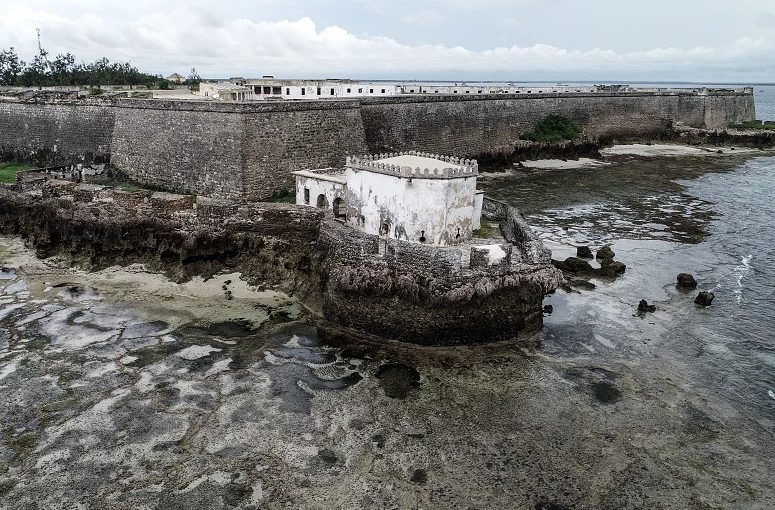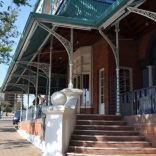Mozambique: 'Franco' launches open call for 2026 performing arts projects
Mozambique: Island to mark 500th anniversary of birth of former resident Camões

File photo: Lusa
The island of Mozambique, in the province of Nampula, is this week celebrating the 500th anniversary of the birth of the Portuguese poet Luís de Camões, who lived there for around two years, with the launch of a book.
“There will be the launch of the book of fables ‘África, onde sempre esgaravatamos’ [Africa, where we always squinted] by Ana Filomena Amaral, on 10 June,” explained a source from Arte-Via, a Portuguese non-profit organisation.
Luís Vaz de Camões, who is estimated to have been born in 1524 and died in 1580, is considered one of the greatest names in world literature, and his vast oeuvre still occupies an important place in the history of Portuguese culture.
According to organisers, the celebrations, which will run from June 8 to 10, are to feature writers, researchers and university professors from both countries.
This is a joint initiative of the Arte-Via artistic and publishing cooperative, based in Lousã, in central Portugal, and Lúrio University, in Nampula, entitled ‘Camões, Palavras de Fogo’ (Camões, Words of Fire), and is part of Portugal’s National Programme for the Commemoration of the Birth of Camões.
Camões wrote hundreds of poems and three plays, with his main work being the epic poem ‘Os Lusíadas’ (The Lusiads), written from 1572. He lived on the island of Mozambique for just over two years, between 1567 and 1569, and includes references to it in his work.
The programme for the celebrations includes cultural events, debates, visits to historical monuments, as well as the signing of a cooperation agreement between Lúrio University and Arte-Via.
In April, after visiting the island of Mozambique, the president of Portugal’s Camões language and foreign aid institute, Ana Paula Fernandes, recognised the need to prioritise Portuguese support for Mozambique in the fields of language teaching, education, entrepreneurship and culture.
Fernandes stressed the importance of Portuguese cooperation continuing to invest in heritage and culture, as “a fundamental part of development.
“Culture and development is a very important nexus, as is security and development, and therefore Portugal will continue to be available here to support the Mozambican authorities in terms of Portuguese cooperation, obviously, in what they consider to be a priority,” she said.
The island of Mozambique was declared a World Heritage Site by the United Nations Educational, Scientific and Cultural Organisation (UNESCO) in 1991, in part because of the Portuguese built and cultural heritage there.












Leave a Reply
Be the First to Comment!
You must be logged in to post a comment.
You must be logged in to post a comment.